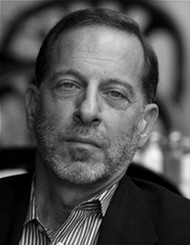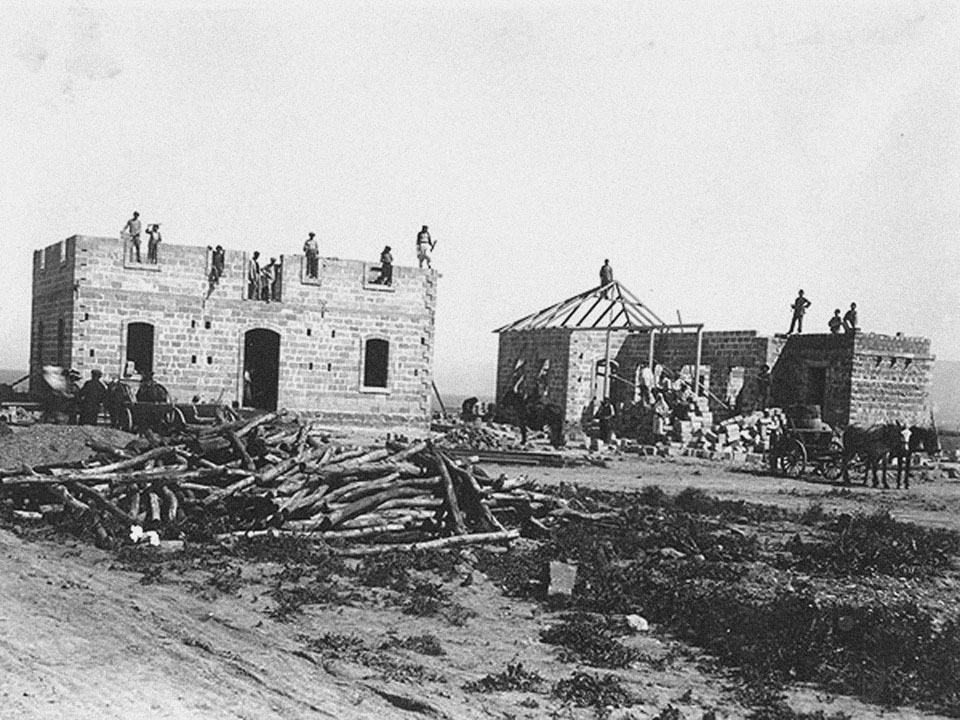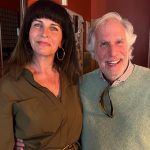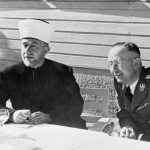I first became interested in Buddhism and meditation when I was still just a kid back in the 70s, thanks to such influences as the “Kung Fu” TV series, Herman Hesse’s novel “Siddartha”, Roger Zelazny’s novel “The Lord of Light”, my older brother’s flirtation with the Hare Krishnas (everything my older brother did was automatically cool), etc. At the age of 17 I went so far as to take some classes in Transcendental Meditation and received my own Mantra. I was never very consistent about doing meditation though.
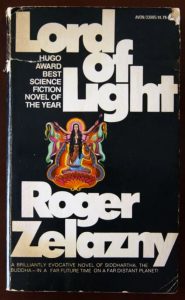 Also while still quite young I became a socialist. In high school my “activism” was limited to reading books and writing papers on subjects like Ho Chi Minh, the Haymarket Martyrs, and the Chinese Revolution. But when I went to college I finally found other like-minded leftists to work together with. I enthusiastically threw myself into the anti-apartheid movement, which had gained a lot of momentum thanks to the Soweto uprising and it’s brutal supression. I also worked for the ERA (remember the ERA??). I even got involved in labor solidarity (there was a strike by the Teamsters at a local Coca-Cola bottling plant). The list goes on.
Also while still quite young I became a socialist. In high school my “activism” was limited to reading books and writing papers on subjects like Ho Chi Minh, the Haymarket Martyrs, and the Chinese Revolution. But when I went to college I finally found other like-minded leftists to work together with. I enthusiastically threw myself into the anti-apartheid movement, which had gained a lot of momentum thanks to the Soweto uprising and it’s brutal supression. I also worked for the ERA (remember the ERA??). I even got involved in labor solidarity (there was a strike by the Teamsters at a local Coca-Cola bottling plant). The list goes on.
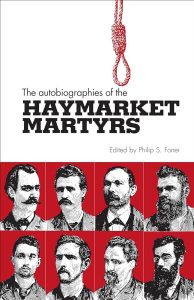 After college I was able to graduate from labor solidarity to being an actual union member (in the Steelworkers and the International Brotherhood of Electrical Workers, IBEW). I was very proud that my IBEW local passed a resolution calling for Martin Luther King’s birthday to be made a national holiday (this was back before it was). In this little bio I’m trying to stick to religion and politics, but I should mention that it was during these years that I met the love of my life, and to be honest I’m not at all sure how much the rest of this really matters compare to that. But life does not stop simply because one has found one’s true love. Quite the opposite.
After college I was able to graduate from labor solidarity to being an actual union member (in the Steelworkers and the International Brotherhood of Electrical Workers, IBEW). I was very proud that my IBEW local passed a resolution calling for Martin Luther King’s birthday to be made a national holiday (this was back before it was). In this little bio I’m trying to stick to religion and politics, but I should mention that it was during these years that I met the love of my life, and to be honest I’m not at all sure how much the rest of this really matters compare to that. But life does not stop simply because one has found one’s true love. Quite the opposite.
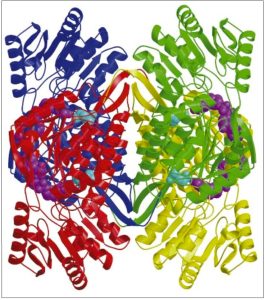 Now, where was I? Oh, eventually I went back to school and got my PhD in Theoretical Physical Chemistry (focussing on chaos theory and non-linear systems). And then I went on to do a post-doc in protein x-ray crystallography. I managed to stay involved in things like abortion rights, the anti-nuclear power movement, and opposition to the first Gulf War. Then one fine day it dawned on me that as part of my training and work as a scientist I had learned quite a lot about computers. I also learned that being a Unix System Adminstrator paid, easily, twice as much as being a post-doc. And at this time in human history, if you could spell “Unix” you could become a Unix System Administrator. So I followed the money.
Now, where was I? Oh, eventually I went back to school and got my PhD in Theoretical Physical Chemistry (focussing on chaos theory and non-linear systems). And then I went on to do a post-doc in protein x-ray crystallography. I managed to stay involved in things like abortion rights, the anti-nuclear power movement, and opposition to the first Gulf War. Then one fine day it dawned on me that as part of my training and work as a scientist I had learned quite a lot about computers. I also learned that being a Unix System Adminstrator paid, easily, twice as much as being a post-doc. And at this time in human history, if you could spell “Unix” you could become a Unix System Administrator. So I followed the money.
When the drums of war started beating again in 2002, I joined the DC Anti-War Network (they still have a website and a facebook page if you google them). I went to meetings, handed out flyers, made phone calls, went to demonstrations, served on subcommittees, and all the usual (and mostly boring) activities that make up “activism”. But by the summer of 2004 I was also a serious student of Zen (having started practicing Zen while still in graduate school in the late 80s). I was leading two weekly meditation groups, and also organizing weekend retreats 2 or 3 times a year while also attending retreats at my teacher’s retreat center 9 hours away in Kentucky. I saw no contradiction between being a Buddhist practitioner and being a political activist, but in practical terms I was stretched pretty thin. I made the decision to focus on my Buddhist practice, and, more specifically, I decided to commit myself to becoming a Zen teacher, whatever that might mean.
When I told my teacher that I had decided that I wanted to become a teacher myself, he said, more or less, that it was about time (I had been his student for well over a decade). It was something that he and I had discussed previously in very vague terms. But I was always uncomfortable with the subject. Having any kind of ambition to become a teacher just seemed patently “un-Zen” to me. But now the question presented itself simply as a practical matter of priorites. I had to make a choice, and there was no right or wrong answer. What did I truly want to do with my life? In large part what was going on was a realization of my own limitations. I could not do everything. Soon after this (still in 2004), I received “Inka”, which means different things in different Zen traditions, and I won’t go into the gory details about what it means in my tradition.
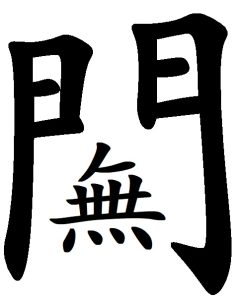 From 2004 on I maintained my political sympathies, but focussed my energies on the Dharma. As a teacher I have tried to avoid misusing whatever little “authority” I might have to promote my own political beliefs. I am well aware of the fact that Buddhists come in all political flavors, and I consider it my responsibility to embrace all my fellow practitioners as friends in the Dharma, regardless of their political views, or lack thereof. I always cringe when other teachers make a point of promoting their own political agenda. Of course these teachers inevitably claim that their political agenda somehow isn’t really “political”, rather they insist that their favorite political causes are “moral” issues that are thereby, somehow, “above politics” or something like that. I consider that to be semantic quibbling, at best. Of course one’s political beliefs are based on one’s moral beliefs. Where else could political beliefs come from? But if one acts on the basis of one’s beliefs, then that action is, necessarily, political.
From 2004 on I maintained my political sympathies, but focussed my energies on the Dharma. As a teacher I have tried to avoid misusing whatever little “authority” I might have to promote my own political beliefs. I am well aware of the fact that Buddhists come in all political flavors, and I consider it my responsibility to embrace all my fellow practitioners as friends in the Dharma, regardless of their political views, or lack thereof. I always cringe when other teachers make a point of promoting their own political agenda. Of course these teachers inevitably claim that their political agenda somehow isn’t really “political”, rather they insist that their favorite political causes are “moral” issues that are thereby, somehow, “above politics” or something like that. I consider that to be semantic quibbling, at best. Of course one’s political beliefs are based on one’s moral beliefs. Where else could political beliefs come from? But if one acts on the basis of one’s beliefs, then that action is, necessarily, political.
Which brings us, finally, to the point. To feel compassion for the people of Gaza is a moral imperative. Anyone who does not feel compassion for victims of war cannot be considered a decent human being, let alone a good Buddhist. But to characterize Israel’s military response to the murderous terrorist attack of October 7 as “genocide” is a blatantly political act (and a gross abuse of the English language as well). And, moreover, to demand that Israel must unilaterally “cease fire”, while Hamas continues to wage war against Israel, is also, and quite obviously, political.
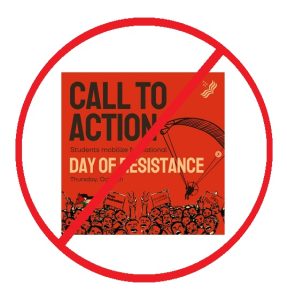 The same thing holds true for the claim that Israel is a “colonial settler state”, or that Israel is an “apartheid regime”. These are all political slogans, and very dubious ones at that. Not only are they political slogans, but they are the political slogans of the enemies of Israel: Hamas, Hezbollah, Iran, etc. I am not an enemy of Israel. In point of fact I strongly support Israel. I am a Zionist.
The same thing holds true for the claim that Israel is a “colonial settler state”, or that Israel is an “apartheid regime”. These are all political slogans, and very dubious ones at that. Not only are they political slogans, but they are the political slogans of the enemies of Israel: Hamas, Hezbollah, Iran, etc. I am not an enemy of Israel. In point of fact I strongly support Israel. I am a Zionist.
I still don’t care for mixing religion and politics. As an individual I am not shy about expressing my political views, but, as I said before, as a Zen teacher I feel obliged to proceed with great caution when expressing my personal political beliefs “as a Buddhist”. Obviously the two cannot be kept completely separate, but I do think they should be kept as separate as possible.
But there is now a group of Buddhists who are very aggressively promoting what I truly believe to be antisemitic ideas in the name of “engaged Buddhism”. That is something I cannot be silent about. As a Buddhist.
And so I started this blog for two primary reasons: (1) to make a very public statement condemning antisemitic attacks on Israel and the Jewish people that are being made in the name of the Buddhadharma, and (2) to educate people about what antisemitism really is.
You might see the name “Sanduleak Anandamath” on this blog — that is one of the nomes de plume I use on the Internet. My Buddhist name is Cheong Se Do (清世道), and my “real” name is Curt Steinmetz.
Like the old labor song says: “Which Side Are You On?”
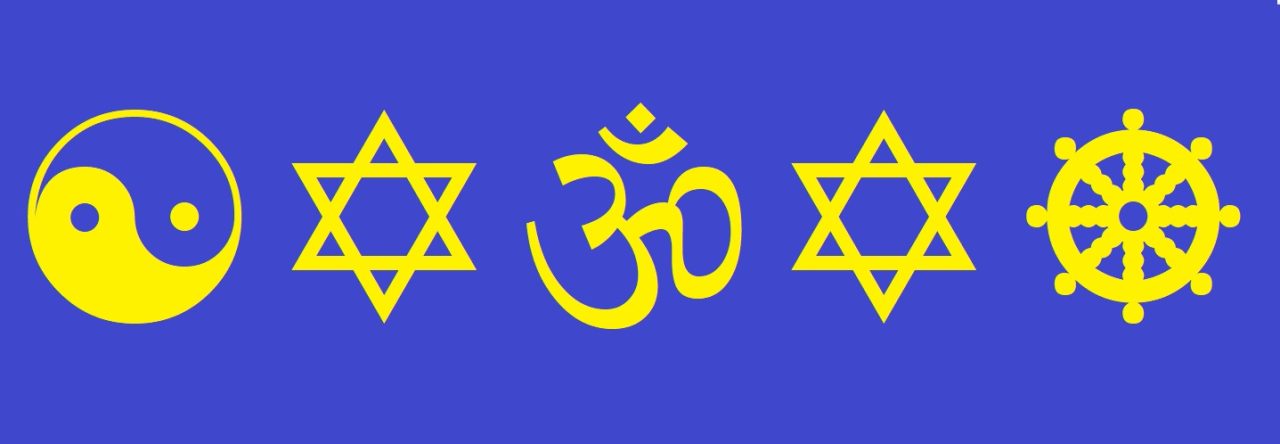
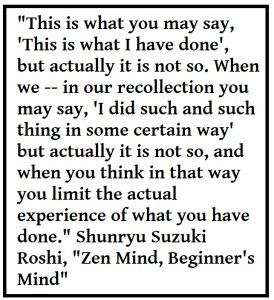
 This post is another list of things to read, specifically books. Reading is good. Ignorance is bad. I love books.
This post is another list of things to read, specifically books. Reading is good. Ignorance is bad. I love books. Maxime Rodinson Israel: A Colonial Settler State?
Maxime Rodinson Israel: A Colonial Settler State?